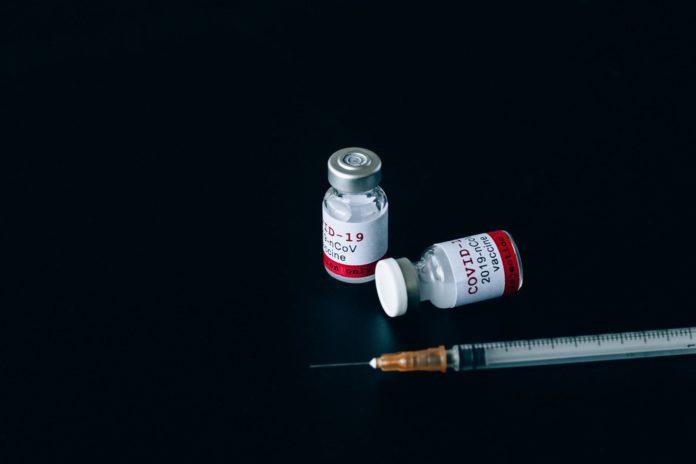If you’ve been vaccinated against COVID-19, you might feel like you can do away with the face mask and face shield that have become our constant companions. But don’t do this. Wearing our protective equipment protects us from other diseases as well.
Current RNA vaccines are a potent weapon against the most worrisome immune-evading variants. However, no one can tell how long protection from the coronavirus vaccines will last.
Despite knowing the vaccine’s effectiveness, scientists yet don’t know the extent to which it keeps you from being infected and passing the virus on to others. There is no track record to provide data for the future, which is the only way to know how long protection from the coronavirus vaccines will last.
Yale Medicine infectious diseases specialist Jaimie Meyer, MD, MS. said, “We can only say that a vaccine is protective as long as we measure it.”
There are now several vaccines that are in use. Pfizer/BioNtech Comirnaty vaccine, SII/Covishield, and AstraZeneca/AZD1222 vaccines, Janssen/Ad26.COV 2.S developed by Johnson & Johnson, Moderna COVID-19 vaccine (mRNA 1273), and the Sinopharm COVID-19 vaccine. More data on the mRNA vaccines are emerging.
Existing data on the mRNA vaccines is auspicious. The report suggests a gradual decline in antibody protection.
Akiko Iwasaki, Ph.D., a professor of immunobiology at Yale School of Medicine and an investigator of the Howard Hughes Medical Institute, said, “If antibodies are going down very quickly, you would expect that to last for a short time. The slow decline raises hopes that the mRNA vaccines will be protective for at least a year, if not longer.”
“In addition to circulating antibodies, memory B cells and T cells can respond quickly to control infection. It could be many more years unless there are variants that can evade this kind of immunity.”
Along with effectiveness, scientists are also studying potential booster shots to extend vaccine durability and protect against viral variants.
Usually, the primary focus of scientists is antibody levels. This is because the antibody levels can be easily traced in the patient’s blood samples.
Iwasaki said, “Antibodies are an excellent marker for protection against infection, so we will be monitoring those levels for as long as we can measure them.”
Dr. Meyer said, “The other way that we can approximate, from a clinical level, how long protection lasts is by looking at natural immunity. This means studying people who developed immunity after being infected with COVID-19. We know for at least the first few months after symptomatic disease—and even longer – that people are unlikely to become reinfected.”
Undoubtedly, natural immunity can offer valuable information. Still, at the same time, it is also essential to know that immunity induced by the mRNA vaccines is more robust and more reliable than from infection. The reason behind this is the difference in levels of natural immunity from person to person.
Iwasaki said, “Vaccines normalize the response to a very high level, where it uniformly uplifts everybody. If you are starting with the high level, even if you start to decline from that level, it will take much longer before you need a booster.”
That’s why the Centers for Disease Control and Prevention (CDC) recommends vaccinations for people who have had a COVID-19 infection as well as for those who have not.
Dr. Meyer said, “mRNA vaccines are a novel tool that hasn’t been widely rolled out with any other virus, and so far in clinical trials, they have had a much more robust immune response. Whatever the answer to that question, the Pfizer and Moderna mRNA vaccines work similarly, so it seems likely that they will have a similar impact on immunity.”
“It’s also possible that the length of immunity is somewhat dependent on the patient. While more research is needed, there could be variations in immune responses from person to person based on such factors as age, medical conditions, and medications they may be taking. Overall, though, the mRNA vaccines appear to be so effective that they level the playing field in terms of achieving protection from infection.”
In other words, we will have to watch and wait till scientists monitor the continued efficacy of the vaccines over the coming months and years. In the meantime, we will have to follow safety protocols.
